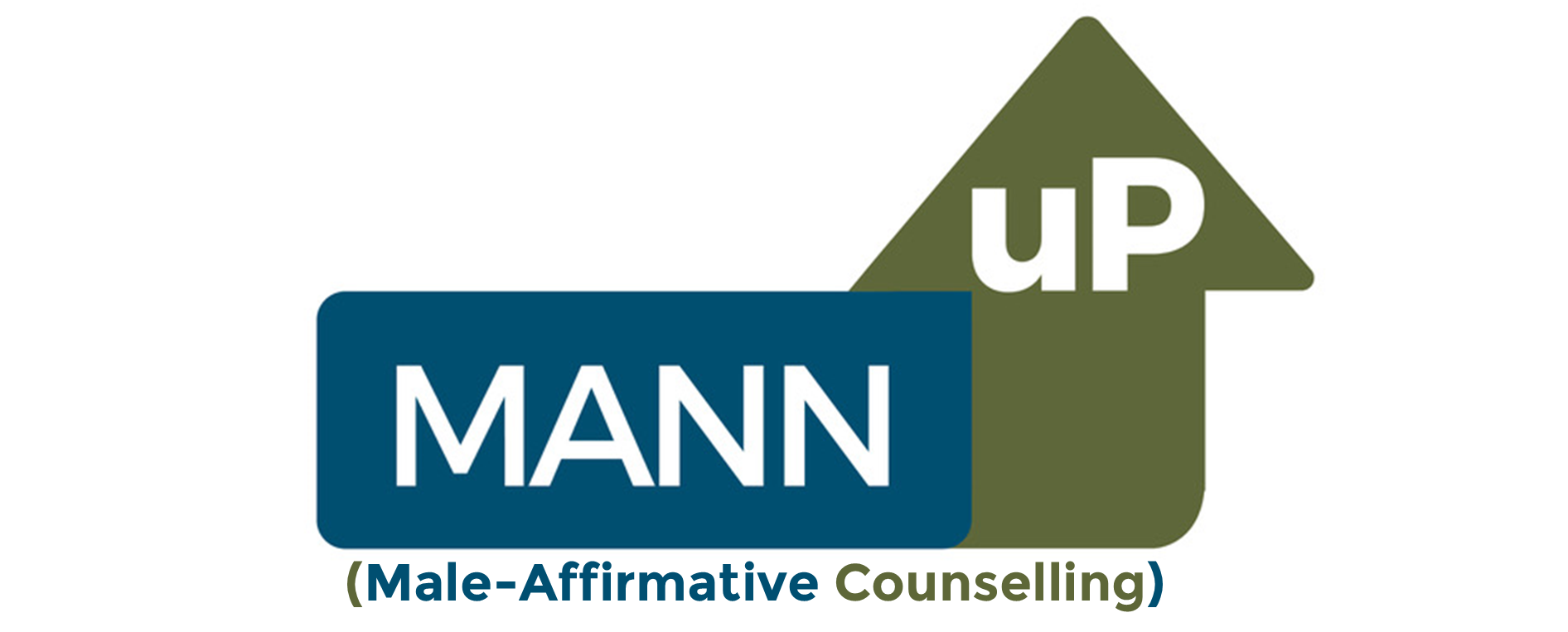 In these tough economic times with high levels of job insecurity, many men (and women too) are reflecting on their job prospects and choices. However, is gender stereotyping keeping men out of work?
In these tough economic times with high levels of job insecurity, many men (and women too) are reflecting on their job prospects and choices. However, is gender stereotyping keeping men out of work?
Are there certain jobs that only men or women can do well?
Are certain professions or career choices not open to males?
Would a man be judged negatively if he made certain career choices such as deciding to be a stay-at-home dad?
Is There Such a Thing as Men’s and Women’s Jobs?
The website (Careersmart) shows a table of data derived from Working Futures 2019 that could indicate that a cultural/gender bias exists in terms of the types of job roles men and women take up.
For example it showed there were 203,194 male mechanics and vehicle technicians in the workforce compared to 1,656 females doing this type of work.
It also showed there were 234,885 males working in the construction and building trade compared to 9,108 females.
When you look at these statistics it would ‘suggest’ that men are more drawn to these types of occupations than women are, or perhaps that perceptions about these types of occupations portray them as ‘men’s work’ which acts as a ‘barrier’ to women seeking and taking up jobs of this type.
Conversely though when you examine that same data in terms of what might be thought of as the ‘caring professions’, females overwhelmingly outnumber men in terms of workforce composition in the health and social care sectors.
The statistics showed that there were 64,449 female youth & social workers in the workforce compared to 22,896 males doing that type of work.
Furthermore, they also show there were 619,679 female nurses compared to 118,734 males.
Try this for yourself, do an image search on the word 'nurse' and see how many males versus females are represented in the search results!
Do these statistics show that both men and women are in some way guided in their choice of occupation based on a perception that it is either ‘men’s work’ or ‘women’s work’? Or does perhaps knowing that they would be in the minority if then pursed a career in thar sector deters women from becoming mechanics and men from becoming nurses?
So Does and Will Gender Stereotyping About Work Damage Men’s Employment Chances?
Looking at those statistics it does show there is unequal representation of males/females in a lot of employment sectors, but are men and worse of than women in this regard?
The (Statistica website) shows that for the past 20 years unemployment rates in the UK have been consistently higher for males than for females.
Could this be related to the decline of sectors such as manufacturing and mining which may have also been perceived as ‘men’s work’ and a difficulty amongst men to re-orientate themselves towards the job opportunities that were available in the service, hospitality, retail and care sectors? Has an absorbed narrative that certain types of work is ‘unmanly’ held men back from taking up employment opportunities? Or maybe the actual or anticipated reactions of others to those men who did adopt non-traditional occupations held them back. Or does society still implicitly send the message to men that certain jobs are not for them?
An article by the (BBC) highlighted the sexism one man experienced when he took up the role of a stay-at-home dad. Why was that, do we not as a society believe that fathers are just as able to take on the majority role in bringing up children as mothers are?
 By the way, (Dad at Home) is a great website offering advice and support to any stay-at-home father.
By the way, (Dad at Home) is a great website offering advice and support to any stay-at-home father.
An article in (The Guardian) noted that there does seem to be a gender-based stigma that a career in social care is more suited to females.
Whereas an article in (The Independent) talks about a need to radically change nursing recruitment practices to make it more gender neutral so as to attack more male nurses into the profession.
Indeed even in the counselling profession, according to the (BACP), fewer than one on five counsellors are male. Speaking as a male counsellor I can tell you that I certainly felt in the minority when I started to study and work in this area, in fact I still do. However I was not going to let that put me off, but I can understand entirely why it might deter other men.
Whether it is because we see certain occupations as ‘men’s work’ and others as ‘women’s work’ or there is a fear of how a man/women would be perceived for taking up a certain occupation, or an anxiety about being in the ‘minority’ in a particular workplace setting, the statistics show that something is acting as a ‘barrier’ for men (and women) being empowered and equally able to take up employment opportunities.
Surely our sex cannot be the characteristic that defines and decides which occupation we are best suited for.
Post-pandemic, and in the midst of a cost of living crisis, many people will need to and indeed want to reappraise their ways and means of earning a living.
The past few years has given us all time to reflect on what the ‘new normal’ will and should be for us. Should that ‘new normal’ not include a shaking off of those outdated gender stereotypes of who does what type of work.
Is there anything wrong with a man taking on a role in a caring profession that has been historically taken up more by females?
Would you judge yourself, or other men harshly if you found out they were a nurse, a mental health counsellor, a social worker or a stay-at-home dad?
Time to Self-Define What Career Will Be Right For You
So whether by choice or necessity, take this opportunity the last few years of employment practices changes has brought to self-define what your ‘new normal’ will be for your occupation.
Please do not feel constricted in your choices by your sex, rather start to identify your own aptitudes, skills and interests and explore what all is out there that might be a better and more satisfying ‘fit’ for you.
The (National Careers Service website) can help you learn about many different types of occupations to start to identify what might appeal to you.
The (UCAS website) has a free aptitude test you can take which could further point you towards the type of career you could be suited to.
The (Careersmart website) also has a test that can help you audit your skills to map out areas for development to better prepare you for getting the job you want.
Finally if you have been inspired to become an NHS hero, there is a specific free test you can take on the (NHS website) which will help show the particular type of role within the NHS you could be best suited to.
HOW MANN UP CAN HELP
MANN uP’s personal programmes can offer you a space to review your career path and choices to date, and examine what may be best for you going forward.
If it helps you take the time to explore your talents and aptitudes, and identify vocational choices and paths that could lead to increased job and life satisfaction.
